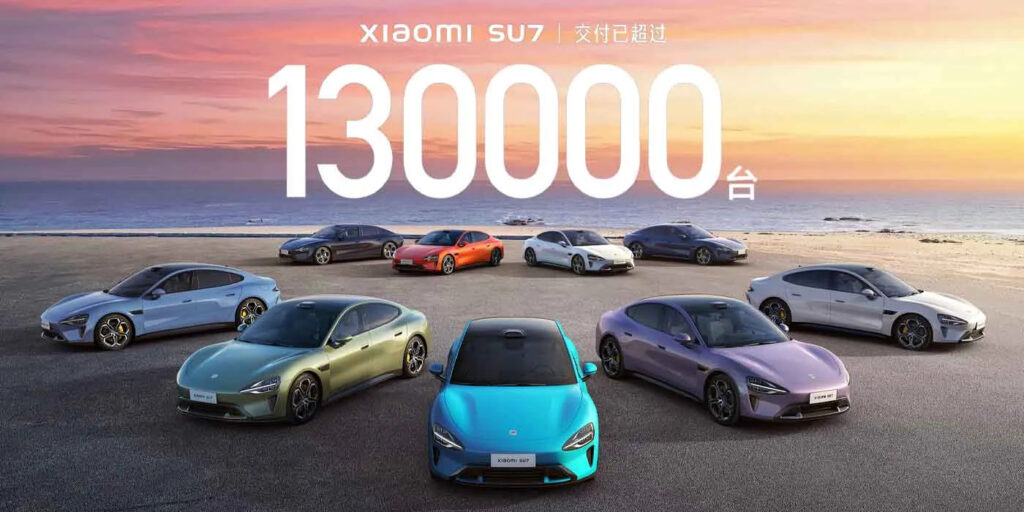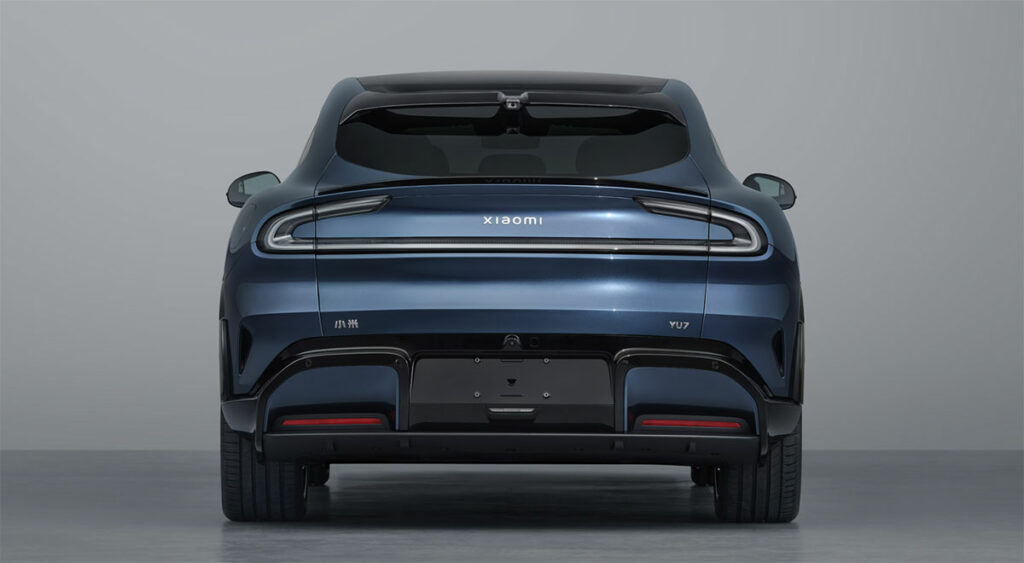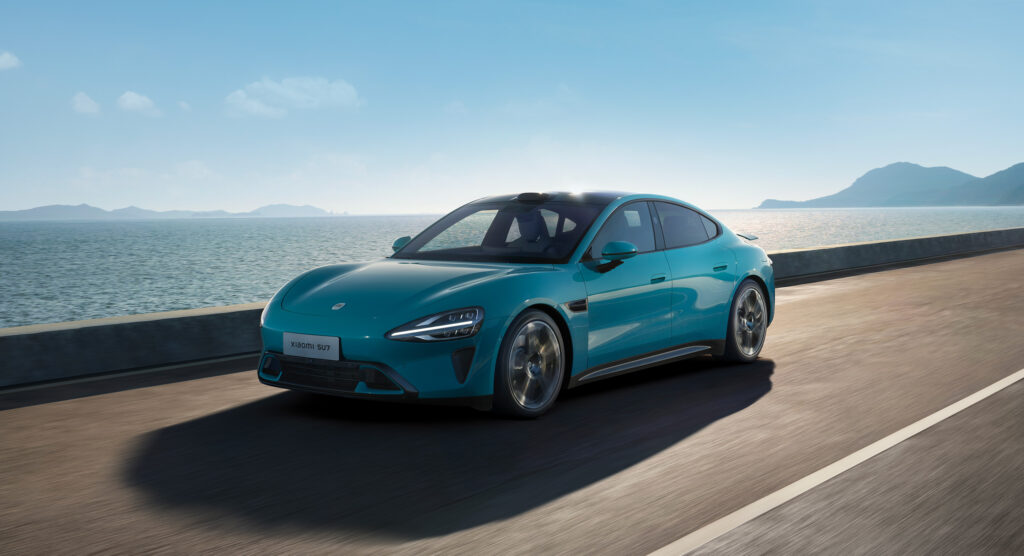
In a move that showcases its ever-expanding reach, Xiaomi (XIACY) is proving that it’s more than just a smartphone giant. The company’s foray into electric vehicles (EVs) has already delivered impressive results, with over 135,000 vehicles sold in 2024.
But Xiaomi isn’t slowing down; the company has set its sights on delivering 300,000 units in 2025, doubling down on its commitment to dominate the EV market.
A Year of Milestones
2024 was nothing short of transformative for Xiaomi’s EV division. The SU7, the company’s debut all-electric sedan, exceeded expectations by selling out for the year within 24 hours of its March launch.
Originally targeting 100,000 deliveries, Xiaomi’s ability to ramp up production in its Beijing factory allowed it to surpass this goal and hit 135,000 units. The first phase of Xiaomi’s EV plant in Beijing boasts an annual capacity of 150,000 units, with construction on the second phase—expected to double the output—on track for completion by mid-2025.

Xiaomi Auto expanded its presence significantly in 2024 by opening 200 stores across 58 cities, adopting a direct-to-consumer model that bypasses traditional dealerships. Additionally, nearly 30% of buyers placed their orders online without a test drive, highlighting the company’s appeal to tech-savvy consumers.
The SU7: A Model of Success
Xiaomi’s SU7 sedan has quickly become a formidable rival to the Tesla Model 3 in China. With a starting price of RMB 215,900 (approximately $29,580), the SU7 offers a combination of affordability, range, and performance.

The base model, equipped with a 73.6 kWh LFP battery from BYD, delivers a 700 km CLTC range. At the higher end, the SU7 Max comes with a 101 kWh NMC battery from CATL, offering an 800 km range and 495 kW (664 hp) of power.
To celebrate the company’s 15th anniversary, Xiaomi also released a special magenta-colored edition of the SU7 in December, further boosting its appeal among enthusiasts.
What’s Next: 2025 and Beyond
As Xiaomi scales up its operations, 2025 promises to be a year of bold moves and high stakes. The company plans to release two significant new models. The first is the SU7 Ultra, a performance-focused variant of the SU7 sedan set to launch in March 2025.
This model boasts jaw-dropping specifications, including 1,526 hp, 1,770 Nm of torque, and acceleration from 0 to 100 km/h in just 1.98 seconds. Pre-sales for the SU7 Ultra began in October, with a price tag of RMB 814,900 ($114,200). The second major release will be the YU7 SUV, Xiaomi’s first foray into the SUV segment, expected to launch in mid-2025.

These new models underscore Xiaomi’s commitment to diversifying its EV portfolio and capturing a larger share of the market. The company’s Beijing factory will play a pivotal role in meeting these ambitious goals. With the second phase nearing completion, Xiaomi is well-positioned to scale production seamlessly.
The Bigger Picture
Xiaomi’s approach to EVs reflects its broader strategy of combining high-tech innovation with aggressive pricing to disrupt established markets. By leveraging its expertise in consumer electronics, the company is uniquely positioned to integrate advanced features into its vehicles without breaking the bank.

However, the road ahead isn’t without challenges. The EV market is fiercely competitive, and meeting the 300,000-unit target will require flawless execution across manufacturing, supply chain, and marketing.
Charge Complete
With a stellar 2024 under its belt, Xiaomi has proven it can deliver—literally and figuratively. As the SU7 Ultra and YU7 SUV prepare to hit the market, all eyes are on whether Xiaomi can maintain its momentum and truly disrupt the EV landscape.

If the company’s smartphone playbook is any indication, 2025 could mark the beginning of a new era for Xiaomi in mobility.




